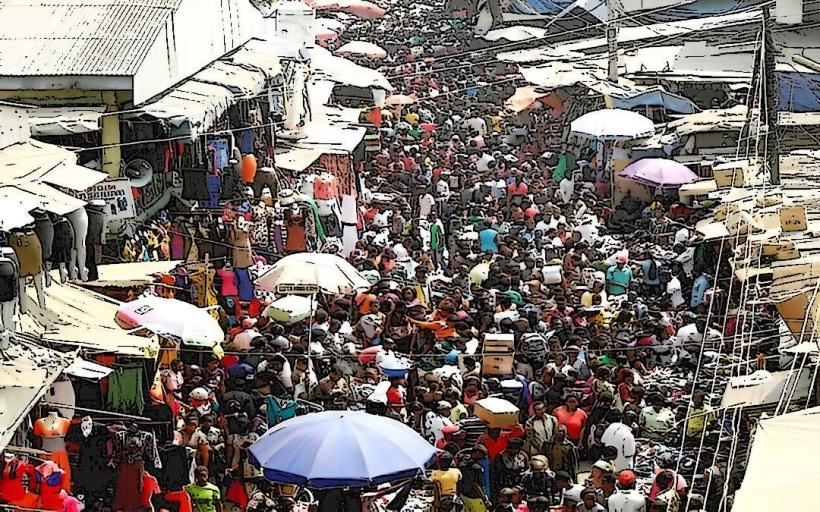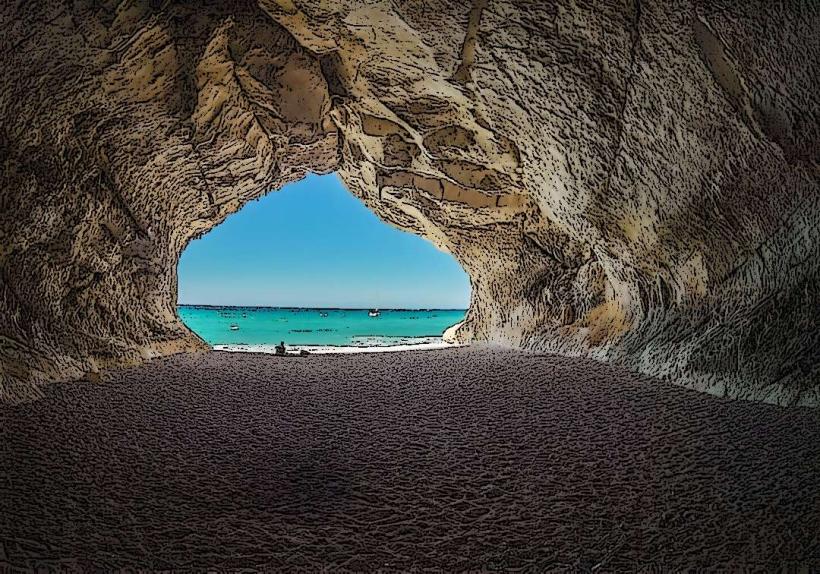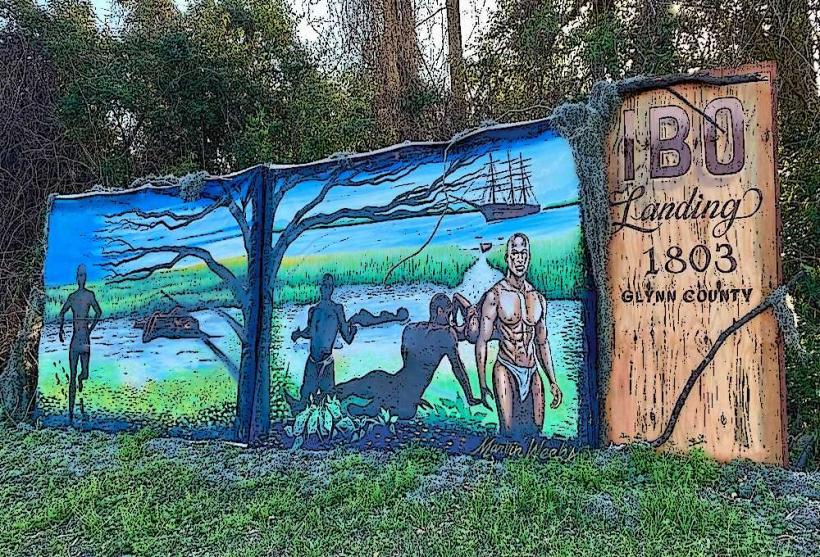Information
City: AnambraCountry: Nigeria
Continent: Africa
Anambra, Nigeria, Africa
Anambra State serves as the primary commercial and industrial powerhouse of Southeast Nigeria, housing the largest open-market cluster in West Africa and a rapidly growing automotive manufacturing sector. It is located in the hinterland of the Niger Delta, bordered by Delta State to the west across the River Niger and Kogi State to the north.
Historical Timeline
Anambra State was created in its current form on August 27, 1991, following its excision from the old Anambra State. It transitioned from a pre-colonial center of Igbo civilization (Nri Kingdom) to a colonial trading post at Onitsha. The most significant political reconstruction followed the end of the Nigerian Civil War (1970), which saw the rapid rebuilding of the Onitsha Market. The primary event shaping its current urban form was the 1965 completion of the first Niger Bridge, which solidified Onitsha as the gateway between the western and eastern regions.
Demographics & Population
The state population is estimated at 6,400,000 as of 2026, making it one of the most densely populated states in Nigeria. The demographic is overwhelmingly Igbo (99%). The median age is 18.9 years.
Urban Layout & Key Districts
The state is characterized by an almost continuous urban sprawl connecting its major hubs. Key districts include Awka (Administrative), the state capital and a center for metalwork; Onitsha (Commercial), the river-port city and market hub; and Nnewi (Industrial), known as the "Taiwan of Africa" for its automotive and spare parts manufacturing. Development follows the main arterial roads connecting these three points.
Top City Landmarks
Onitsha Main Market (West Africa's largest)
The River Niger Bridge
Ogbunike Caves (UNESCO tentative list)
Igbo-Ukwu Archaeological Site
Rojenny Tourist Village
Transportation Network
Movement between hubs relies on the Onitsha-Enugu and Onitsha-Owerri expressways. Internal transit is dominated by "Keke" (tricycles) and minibuses; motorcycles are restricted in major urban centers. The Anambra International Cargo and Passenger Airport at Umueri facilitates air travel. Traffic density is extreme at the Onitsha Bridgehead and the Upper Iweka axis.
Safety & "Red Zones"
The general safety level is moderate. Caution is advised in the Upper Iweka and Bridgehead areas of Onitsha due to reports of pickpocketing and "touts." Travelers should avoid rural areas in the Anambra West and Ihiala corridors at night due to regional security challenges.
Digital & Financial Infrastructure
Average internet speeds are 30–50 Mbps on 4G/5G networks. Main carriers are MTN, Airtel, and Glo. Card acceptance is high in Awka and Nnewi industrial zones, but Onitsha’s markets operate almost exclusively on cash or high-volume bank transfers. ATMs are concentrated along the New Market Road in Onitsha and Zik’s Avenue in Awka.
Climate & Air Quality
Temperatures range from 22°C to 34°C. The state has a tropical rainforest climate with high humidity and a heavy monsoon season from May to October. Air quality is poor in Onitsha due to heavy transit emissions, and in Nnewi due to localized industrial activity.
Culture & Social Norms
Tipping is voluntary but appreciated (5–10%). Respect for traditional Igbo titles (Ozo, Nze) and the Igwe (King) is mandatory in social settings. The state is the center of the "Igba-Boi" apprenticeship system, a unique venture capital model. Alcohol is widely available, and social life is heavily integrated into the town union system.
Accommodation Zones
Awka GRA: Recommended for high security, quiet environment, and proximity to government offices.
Nnewi: Recommended for business travelers focused on the manufacturing and automotive sectors.
Local Cost Index
1 Espresso: ₦4,000 ($2.65)
1 Standard Lunch: ₦10,500 ($7.00)
1 Metro/Bus Ticket: ₦800 ($0.55) - Local Keke/minibus rate.
Nearby Day Trips
Ogbunike Caves: 15 km (25 minutes from Onitsha)
Agulu Lake: 20 km (30 minutes from Awka)
Nri Forest: 15 km (25 minutes from Awka)
Asaba (Delta State): 5 km (Across the bridge)
Facts & Legends
Anambra is known as the "Light of the Nation." The Nri Kingdom (centered in the state) is considered the ancestral heartland of the Igbo people, where the first kings were said to have descended from the sky. A local legend concerns the "Gods of the River Niger," who are believed to require specific traditional rites whenever the bridge undergoes major maintenance to ensure the structure remains stable against the river's powerful current.




